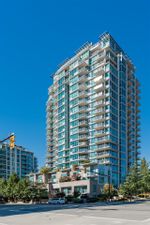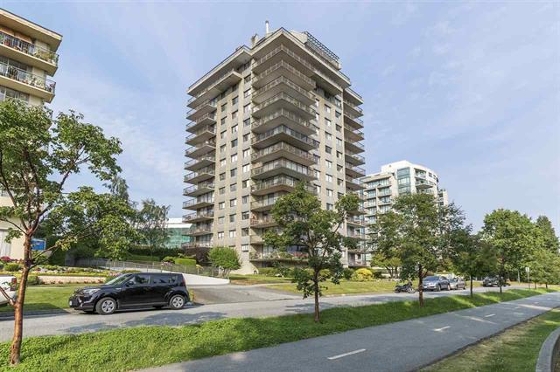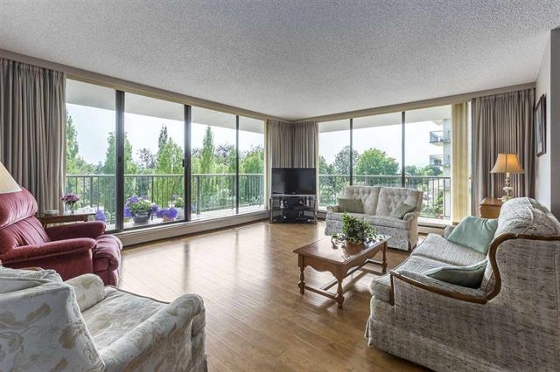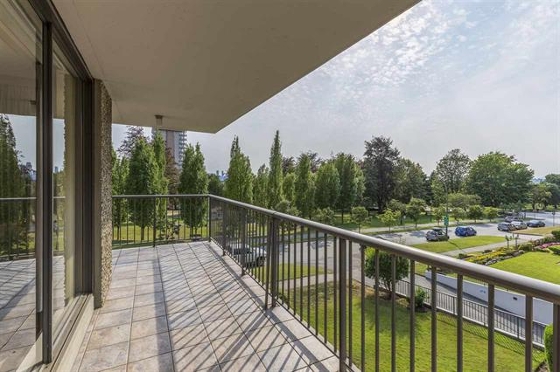Original article HERE
A recent report from Royal Bank of Canada painted a scary picture of home affordability — it's the worst it's been in 27 years nationwide, and in Toronto, it's the worst on record.
But all this talk about declining affordability masks the reality of today's market: It has rarely, if ever, been cheaper to take out a mortgage.
Even with the Bank of Canada hiking rates twice this past summer, rates remain near historic lows, and many lenders are offering fixed-rate mortgages at around 3 per cent.
What this means is that, despite record-high house prices in many markets, there are actually many places where you can afford a home today on a modest income. (If the Bank of Canada keeps hiking rates, that may not be the case for long.)
Using Ratehub's mortgage affordability calculator, we determined that a household income of $50,000 a year will buy you a house of up $364,360, assuming a 3-per-cent mortgage rate, a 30-year amortization period and a 20-per-cent down payment.
That's enough to buy an average home in numerous markets. Here they are. (Note: This is a list only of major Canadian metro areas. Plenty of smaller cities, including Thunder Bay, Saguenay and Saint John are also affordable for the $50,000 crowd.)
Montreal
PAWEL.GAUL VIA GETTY IMAGES
Average house price (Aug. 2017): $374,333
Montreal's average house price has moved slightly out of range for someone earning $50,000 a year, but given how close it is, we've added the city to the list anyway. Montreal is also enjoying some record-low unemployment rates, so this may be a good time to take a second look at Canada's second-largest city.
Saskatoon
GETTY IMAGES/ISTOCKPHOTO
Average house price (Aug. 2017): $329,654
Saskatoon's economy is struggling in the wake of the oil price crash, and its unemployment rate is above 8 per cent, among the highest in the country. All the same, if you have a job here, odds are good you can afford to own a home.
Regina
BENKRUT
Average house price (Aug. 2017): $328,586
With an unemployment rate around 5 per cent, Regina is faring much better than its cousin Saskatoon. Despite this, house prices are very similar in the two cities, and Regina remains a relatively affordable city for those earning $50,000 or more.
Winnipeg
MYSTICENERGY VIA GETTY IMAGES
Average house price (Aug. 2017): $297,897
Winnipeg's housing market has been famously affordable for a city its size for some time now, and with the city's economy humming along nicely these days, it's a fairly easy place to buy a home.
Halifax
SHAUNL VIA GETTY IMAGES
Average house price (Aug. 2017): $284,037
Halifax has surprisingly expensive rental housing, given the level of house prices in the area. And with an average price below $300,000, the argument for buying a home may be stronger here than anywhere else.
Quebec City
ONFOKUS
Average house price (Aug. 2017): $266,072
Beautiful Quebec City is also beautifully affordable, with an average house price that's roughly one-third of Toronto's. If francophone culture is for you, and if you can handle some fairly sharp winters, this could be the place to buy a home.
BIG CAVEAT: All the above estimates of affordable cities will be instantly wrong if the federal government goes through with plans to tighten mortgage rules this fall.
The country's financial regulator, OSFI, has proposed a new rule that would require borrowers of uninsured mortgages to qualify at a rate two percentage points higher than the one being offered. (OSFI introduced a similar rule for insured mortgages last year.)
According to Ratehub, the new rule would shave 21 per cent off of the purchasing power of homebuyers.
In our scenario, a $50,000 annual income would afford you a house of only $297,915 with the new rules in place. That would move average homes in Montreal, Regina and Saskatoon out of affordable range for those earning $50,000.
So given that you may soon be required to qualify at higher rates, and given that interest rates are on the rise in Canada as it is, this might be a good time to lock in a mortgage rate with your local lender.
 Subscribe with RSS Reader
Subscribe with RSS Reader









































